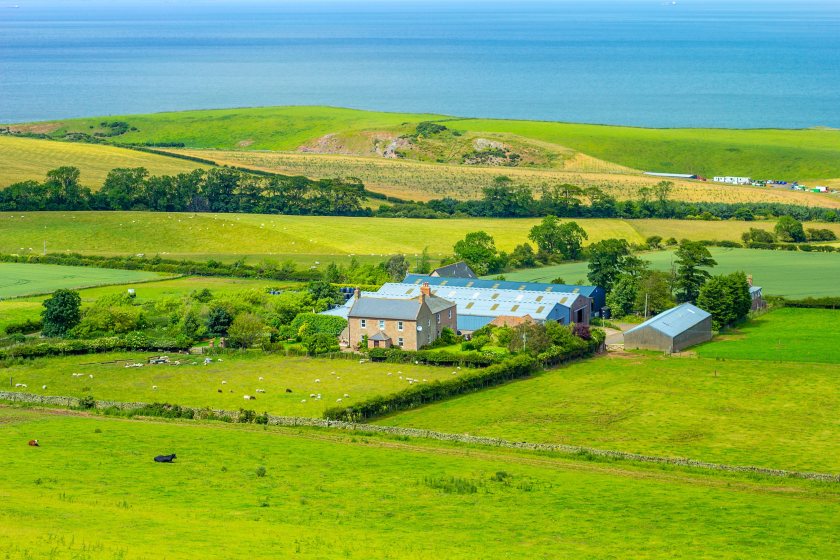
A new carbon land tax would punish rural estates which already make the greatest contribution to achieving net zero, Scottish Land & Estates (SLE) has warned.
A consultation will be launched this summer on carbon land tax on the largest rural estates in Scotland, the Scottish government has confirmed.
The devolved government also confirmed it would scrap its annual and interim targets for cutting greenhouse gas emissions.
This would be replaced with a system measuring emissions every five years.
But the SLE said research demonstrated that rural estates were 'in the vanguard' of renewable energy, woodland creation and peatland restoration.
The rural business organisation noted that renewable energy on such estates accounted for around 60% of Scotland’s generating capacity.
Large-scale peatland restoration projects – such as those carried out on rural estates – accounted for 57% of the peatland that had been restored since 2013, it said.
And since 2015, 45,000ha of woodland had been planted on private estate land with support from the Forestry Grant Scheme.
Stephen Young, director of policy at SLE, said if a carbon land tax was introduced, careful consideration would be required as to the impact on food production and economic activity in rural communities.
“It would appear the Scottish government is seeking to punish those who are already making the greatest contribution," Mr Young added.
"The Scottish government had flagged this tax proposal last year that it was considering exploring this and there are serious questions how this would work in practice.
“We all want to see progress on emission reduction and the sequestration of carbon but it is difficult to understand why estates are being the ones who have been singled out by the Scottish government.
“It should not be forgotten that estates are already paying extensive taxes across their wide range of business activities and by introducing a new tax, it will do little to help Scotland’s rural economy and encourage investment and employment.”
